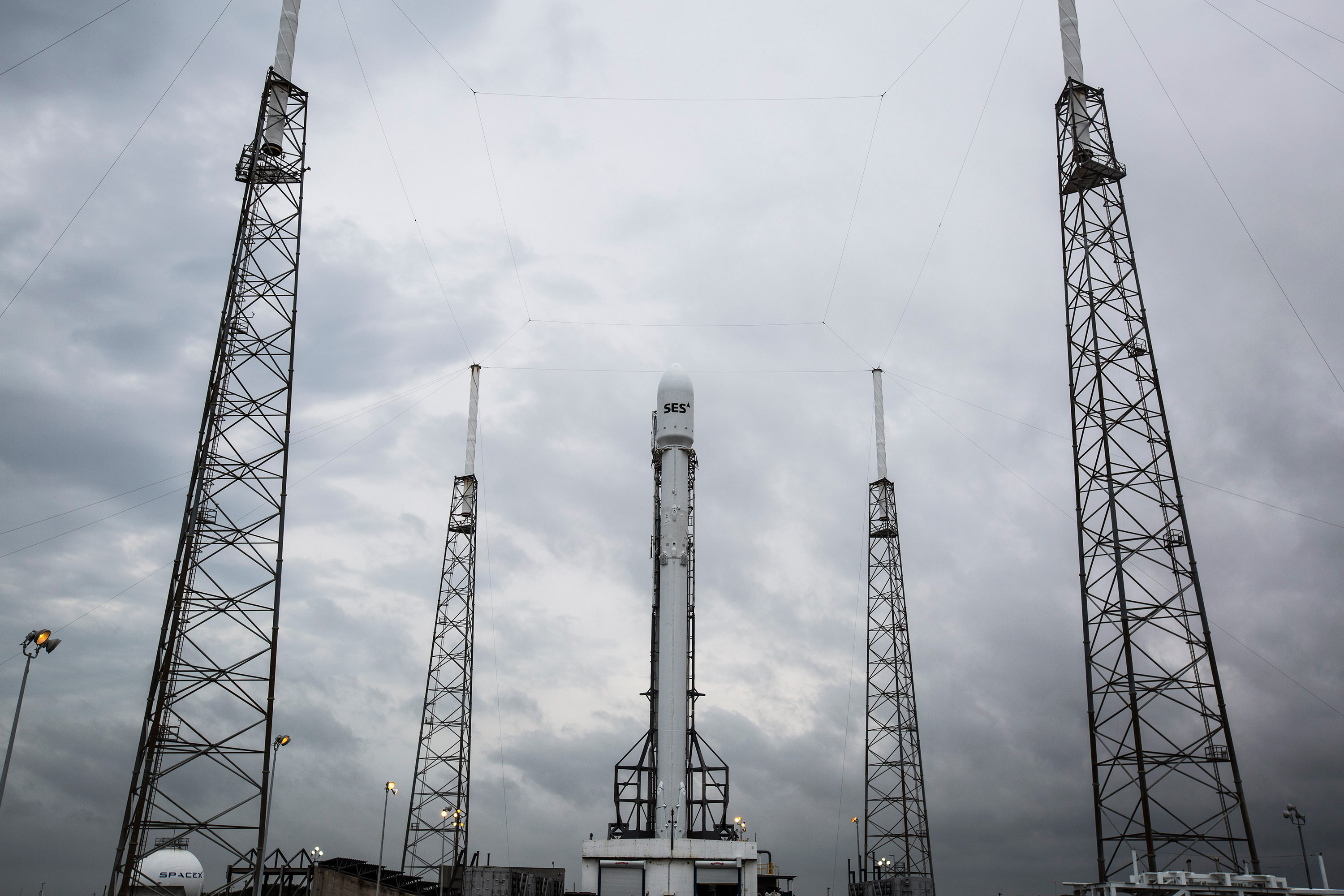Following Rocket Failure, SpaceX Struggles to Relaunch

On September 1, a SpaceX Falcon 9 rocket exploded catastrophically at a launch site in Florida. Now a series of delays and setbacks in repreparing for launch are beginning to impact its customers.
While SpaceX still hasn’t confirmed the cause of what it calls its “anomaly” earlier this year, it’s believed to be an issue with the fueling system. Tests have shown that oxygen may have reacted with a carbon composite bottle containing liquid helium in spectacular fashion on the Florida launchpad.
Despite the lag in ascertaining the cause of the problem, Elon Musk’s space exploration company had hoped to start launching rockets again as soon as this month. Then, yesterday, it admitted that it would have to push its next launch back to early January.
But, as Wired notes, even that is ambitious. According to the Federal Aviation Administration, SpaceX would still need to grant the company a new license before any rockets could enter the air—and it can’t provide one until the explosion investigation is complete and the FAA is happy with the results.
And now, a killer blow. British telecommunications company Inmarsat has announced that it will no longer use SpaceX to launch its next satellite. Instead, it will use its European rival, Arianespace. Inmarsat cited delays in SpaceX’s launch schedule as the reason for the decision.
Inmarsat still plans to use SpaceX to launch another satellite in the first half of 2017. But it’s still bad news for Elon Musk. According to Fortune, his company has now managed to ratchet up a backlog of launches worth over $10 billion.
SpaceX will need to solve its problems, and soon, if it doesn’t want to turn more customers away and lose revenue. After all, it can’t afford to: Musk’s ticket to Mars depends on it.
(Read more: Wired, Wall Street Journal, Fortune, “Mr. Musk Goes to Mars,” “Reusable Rockets”)
Keep Reading
Most Popular
How scientists traced a mysterious covid case back to six toilets
When wastewater surveillance turns into a hunt for a single infected individual, the ethics get tricky.
The problem with plug-in hybrids? Their drivers.
Plug-in hybrids are often sold as a transition to EVs, but new data from Europe shows we’re still underestimating the emissions they produce.
What’s next for generative video
OpenAI's Sora has raised the bar for AI moviemaking. Here are four things to bear in mind as we wrap our heads around what's coming.
Stay connected
Get the latest updates from
MIT Technology Review
Discover special offers, top stories, upcoming events, and more.